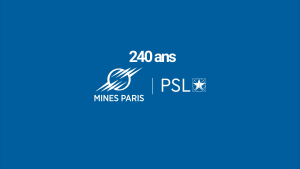Centre for industrial economics




Launched in 2013, this Chair supportsr esearch onintellectual property, trade, and markets for technology.
The Chair is directed by Margaret Kyle, and currently supported by Pfizer. Past sponsors include Microsoft, Air Liquide, Philips, and Ericsson.
Patents and other forms of intellectual property are a key policy tool not only for providing innovation incentives, but also for facilitating trade in technology and ideas. Their use has been expanded through international trade agreements. The effects of patents on both prices and access in the short term, as well as innovation in the long term, differ by sector and by country. They also can change the vertical structure of industries and have implications for competition. Chair-supported research aims to guide firms and policymakers in the use of intellectual property and innovation strategies.

Ecole
240 ans de recherche et de formation
Vidéo : 240ans de recherche…
> En savoir +

Formation
Les politiques publiques doivent-elles sauver des…
Photo de Andre Taissin sur Unsplash François…
> En savoir +

Formation
Mines Paris plébiscitée par ses étudiantes
Mines Paris - PSL, une école qui répond…
> En savoir +

Formation
Non, les billets pour les JO 2024 ne sont pas un…
Seul 0,5 % des billets coûtent plus…
> En savoir +

Formation
Comment les skieurs s’adaptent au manque…
L’impact du…
> En savoir +

Formation
Femmes de science
Chercheuses confirmées, doctorantes, élèves ou alumni,…
> En savoir +
